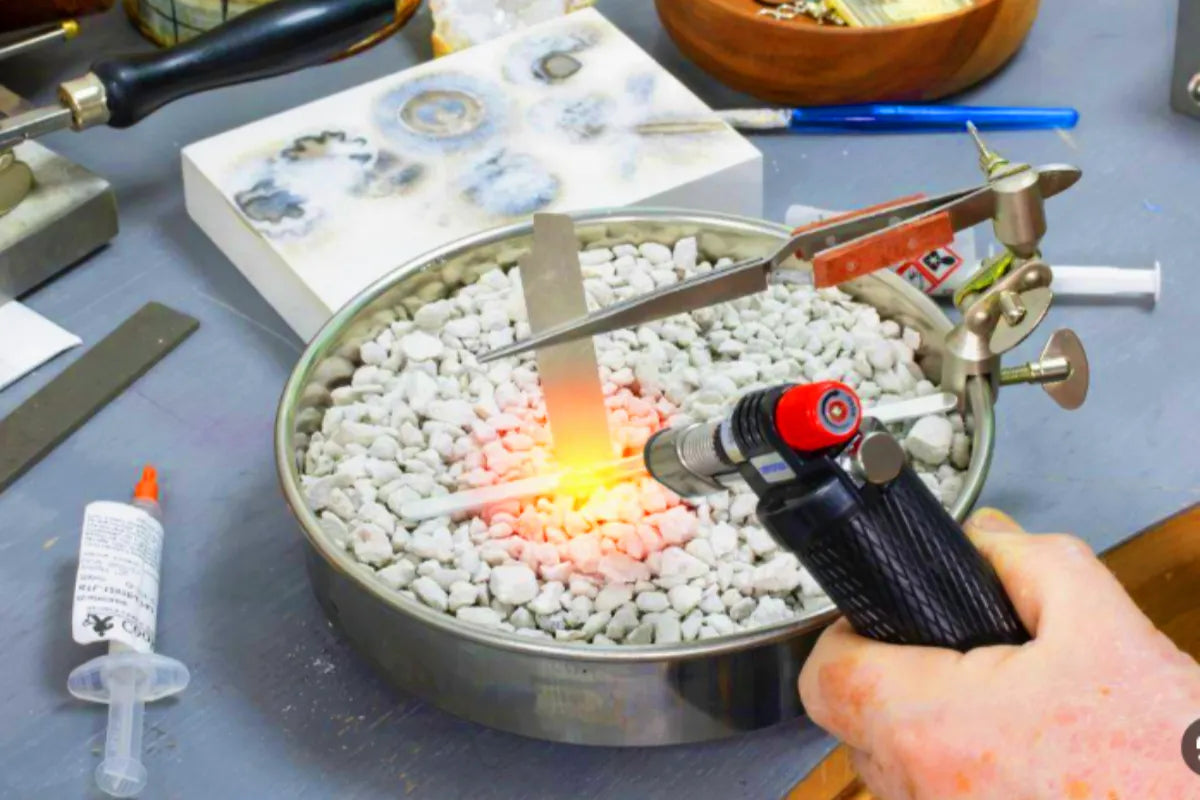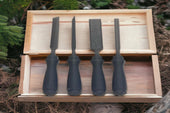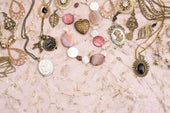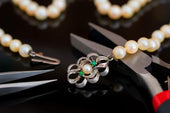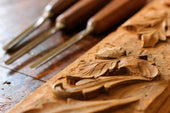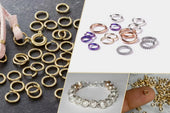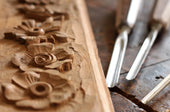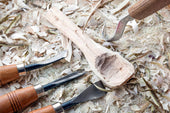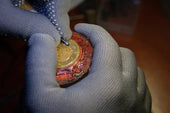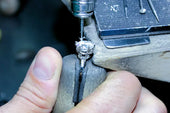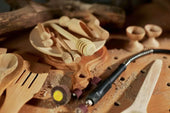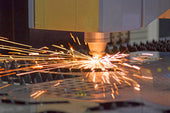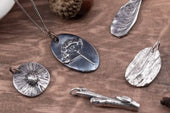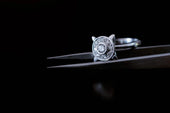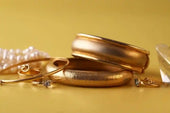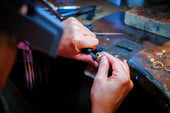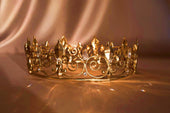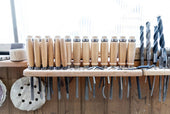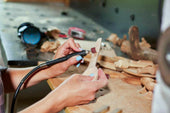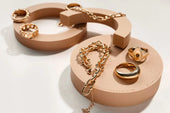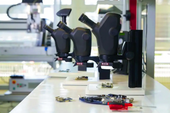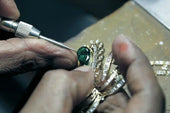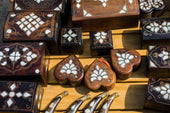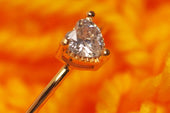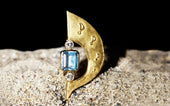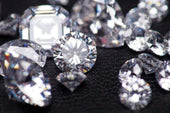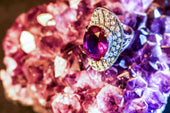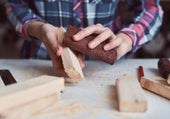When it comes to jewellery making, a torch is one of the most essential tools in your studio. Whether you're soldering jump rings, annealing metal, or even casting, the right jewellery torch can make all the difference. For beginners stepping into the world of metalwork, understanding the types of torches, how they work, and which one suits your needs is crucial. This guide will walk you through everything you need to know about jewellery torches, from fuel types to safety tips.
What is a Jewellery Torch?
A jewellery torch is a handheld tool used to apply high heat to metal in processes like soldering, fusing, or melting. It's an essential part of any jeweller’s studio, used for tasks ranging from closing jump rings to soldering bezels and annealing silver sheets. Most torches consist of a handle, a nozzle or “tip” where the flame exits, and a fuel source. Depending on the model, the torch may mix air and fuel internally or externally to create the desired flame.
The shape, size, and temperature of the flame can vary depending on the torch tip and the type of gas used. Fine, narrow flames are ideal for precision work, while broader flames can be used for tasks that require more coverage and heat.
What Powers Your Torch
Butane is one of the most accessible fuels. Butane torches are portable, affordable, and perfect for small-scale projects or those working from home. However, they don't reach the highest temperatures and can be limiting for thicker metals.
Propane is a cleaner-burning gas that provides more heat than butane. It's often used in combination with oxygen to create a hotter, more focused flame, suitable for soldering silver, gold, and other metals.
Acetylene, often paired with air or oxygen, burns even hotter than propane. It's favored in professional settings but can be overkill for beginners and requires careful storage.
Torch Types and Their Uses
With so many jewellery torch models on the market, selecting the right one depends on your needs and experience level.
Butane micro torches are ideal for beginners. Brands like Blazer make torches that are small, safe, and easy to handle. They're great for light soldering, such as jump rings and small bezel settings.
The Smith Little Torch is a popular choice for more advanced jewellers. It can run on propane or acetylene and delivers a fine, adjustable flame. It’s excellent for detailed soldering and allows precise control, which is why many professionals love it.
MECO Midget and Hoke torches are suited for experienced users or those doing a wider range of tasks. They offer versatility and power, handling everything from delicate chain soldering to small casting jobs.
Sievert propane torches sit between beginner and professional levels. They're bulkier than micro torches but easier to set up than dual-fuel systems, making them a good choice for intermediate jewellers.
Each type has pros and cons depending on your project scale, budget, and experience level.
How to Choose the Right Torch
Choosing the right jewellery torch depends on more than just price. You’ll want to consider your skill level, the types of projects you do, and the size of your workspace.
If you're just getting started and only working with silver or gold-filled pieces, a simple butane torch is often enough. These are inexpensive, don’t require regulators or oxygen tanks, and are safe for indoor use with proper ventilation.
If you’re soldering thicker metals or want to advance your skills, it may be worth investing in a dual-fuel system like the Smith Little Torch or MECO Midget. These setups offer greater flame control and higher temperatures.
For those planning to set up a full jewellery bench or work with platinum, a professional torch system with oxygen and propane or acetylene will provide the power needed.
Ask other jewellers, read reviews, and if possible, try different models before investing.
How to Use a Torch Safely
Safety should always be your first priority when working with high-heat equipment. Here are a few basic guidelines:
l Check for leaks: Use soapy water to detect gas leaks before igniting.
l Work in a well-ventilated area: Always ensure your studio has proper airflow.
l Use a firebrick or soldering block: These heat-resistant surfaces protect your bench and help concentrate heat.
l Keep a fire extinguisher nearby: Especially if you're working with propane or acetylene.
l Store fuel properly: Keep tanks upright and away from heat sources.
If you're using an oxygen/propane or acetylene system, be sure to install flashback arrestors to prevent flame from traveling back into the hose or tank—a critical safety component.
Expert Tips from Real Jewellers
Many experienced jewellers suggest starting small but buying tools that allow you to grow. While butane torches are a great entry point, they can quickly become limiting. A Smith Little Torch with propane and oxygen is one of the most recommended setups for serious jewellery makers due to its precision and versatility.
Some also prefer using oxygen concentrators instead of disposable tanks for a more sustainable and cost-effective setup.
As one Reddit user put it:
“The Little Torch was great until I started doing larger silver pieces. Upgrading made a big difference.”

